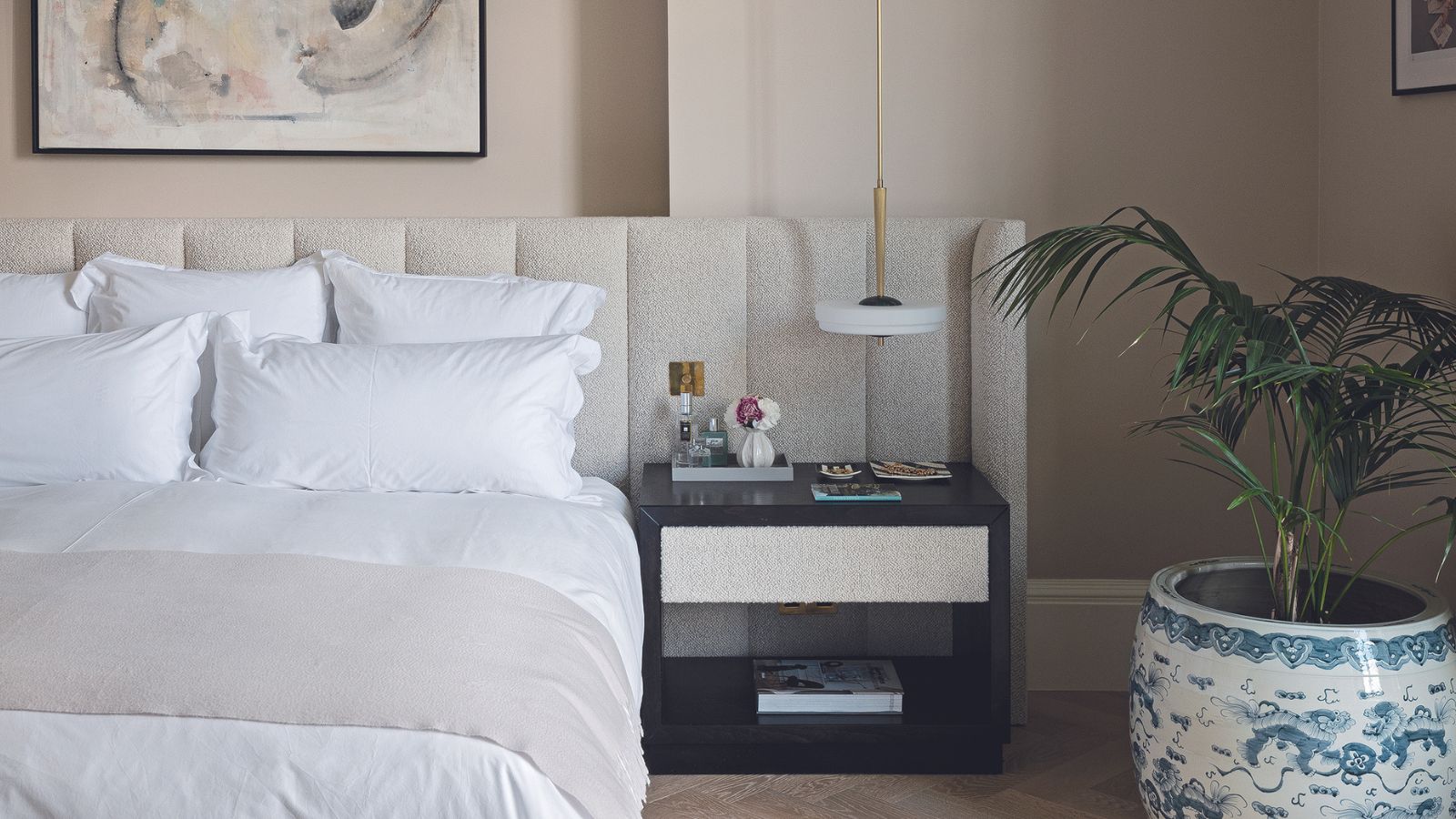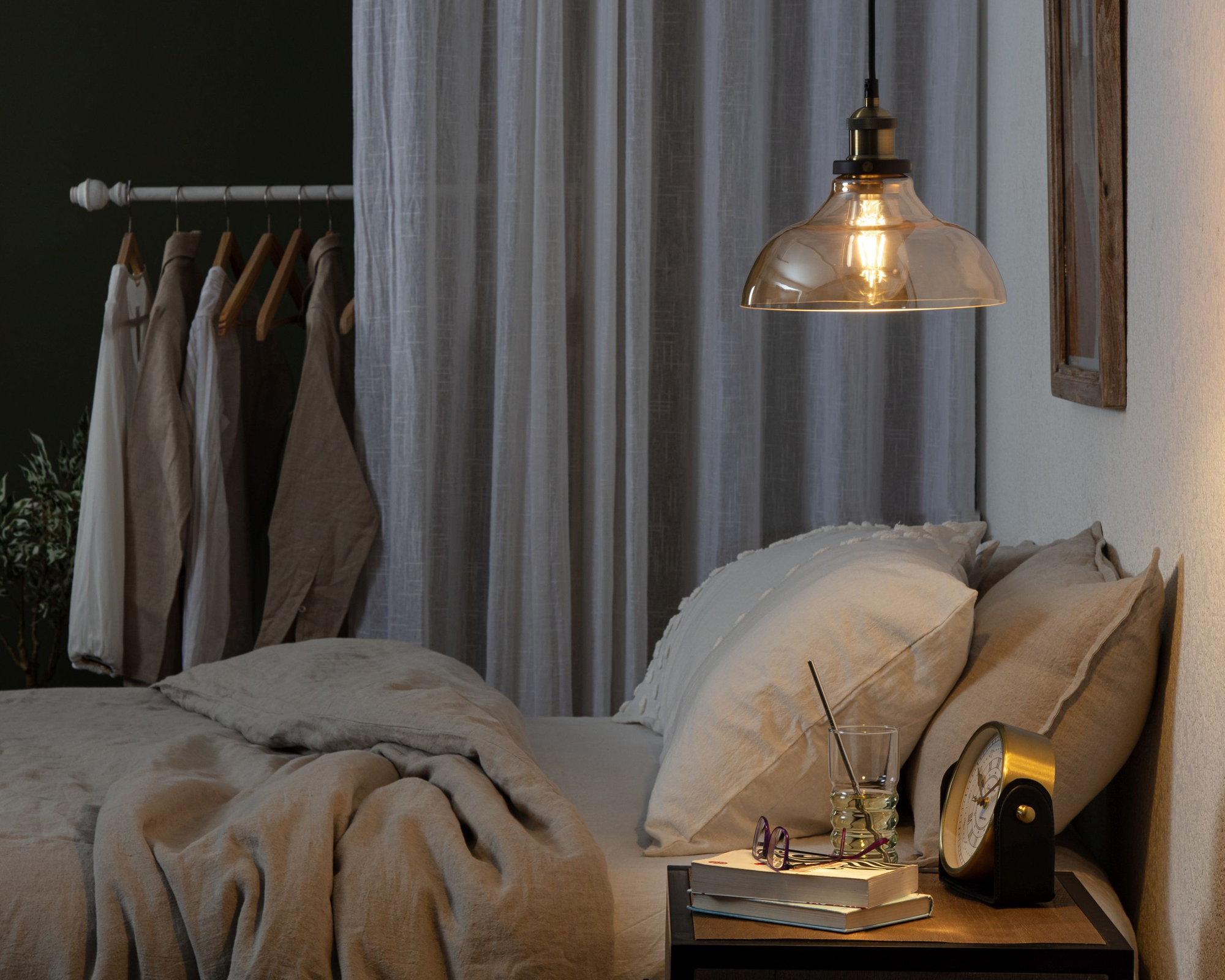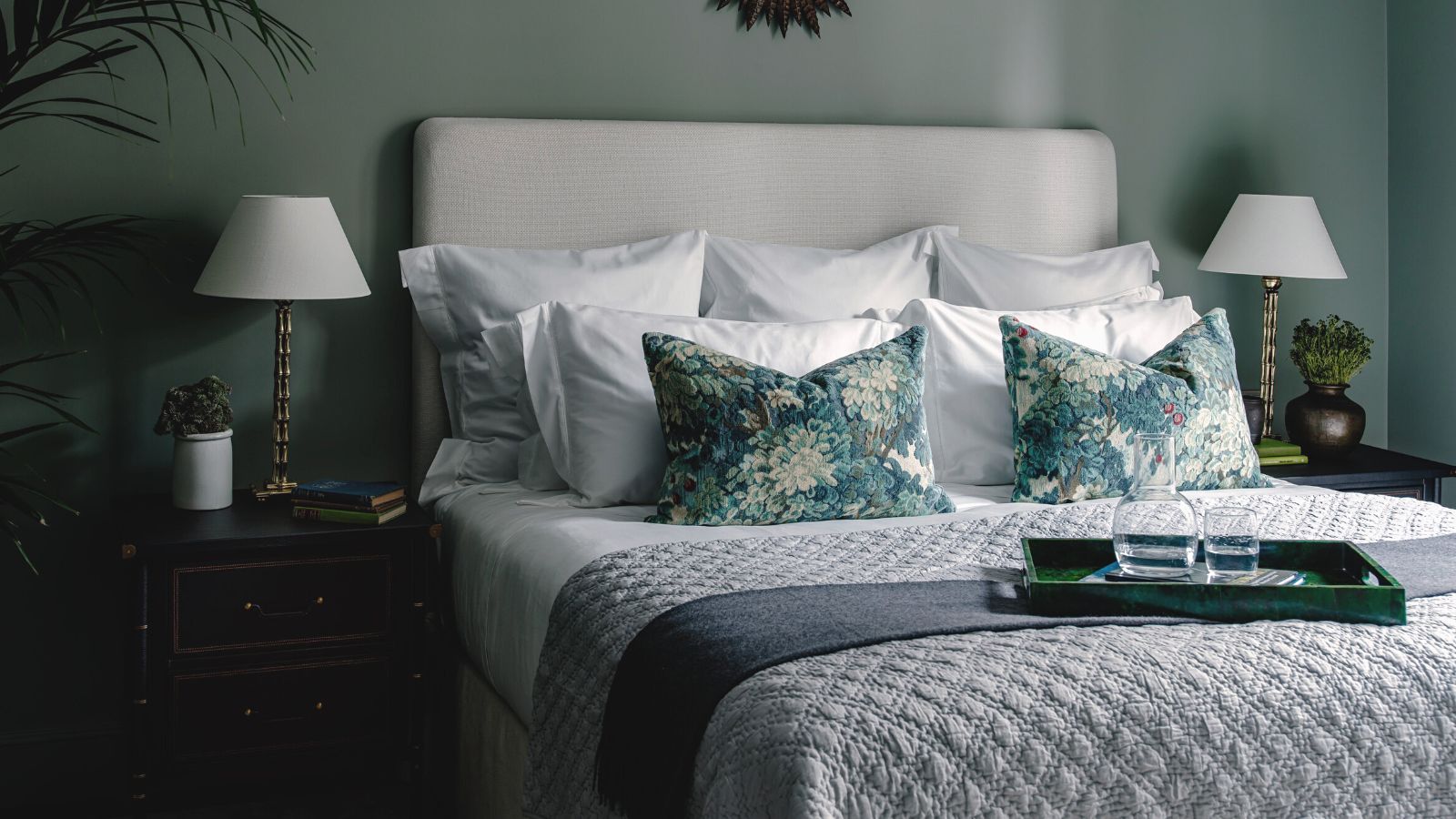
Falling asleep should be second nature, but for so many of us simply getting to sleep in the first place is a struggle. Even when we finally drift off, hours have been spent tossing and turning, so what's the secret to falling asleep fast?
Plenty of people will tell you to invest in your sleep. There are hundreds of products out there that claim to totally transform your sleep, but they don't always stand up to scrutiny. Even the products we recommend are pretty expensive.
So before you drop thousands on on the best mattresses, we spoke with sleep expert Nancy H. Rothstein about the totally free switches you can be making to your life in order for you to be maximizing the amount of sleep you can get.
There are plenty of really simple solutions to getting a better night's sleep, from ensuring your sleep hygiene is spot on (having a good bedtime routine, avoiding screens before bed, etc.) to watching what you eat and drink in the hours before bedtime.
How to fall asleep fast
If you are taking significantly longer than the average time it takes to fall asleep, and it's happening to you most nights, it's something you definitely want to tackle. And it can be quite simple, beyond investing in the best mattress, it's all about resetting your body clock, sticking to a bedtime, and ensuring that in those hours before sleep you are setting yourself up to drift off easily and quickly.
How long should it take to fall asleep?

'The question is not so much how fast you fall asleep, but whether you fall asleep with ease or struggle. That said, it is normal to take 15-20 minutes to fall asleep.' Nancy says. 'In fact, falling asleep within minutes of lying down can be a sign of sleep deficiency or even a medical condition. Most importantly, have a relaxing bedtime routine to set the stage and transition to sleep peacefully.'
1.Align your body clock
If you are stuck at the office for most of the day, arriving home when it's dark and never quite seeing sunlight it could be affecting your ability to sleep. 'Our body clock, or circadian rhythm, is aligned with the dark/light cycle of the natural environment' says Nancy, 'It’s all about exposure to light at the right time, which is during the day. Conversely, having it darker in your home and bedroom at night makes it easier to transition to sleep.'
Seasons can affect this too, with new research from Samsung revealing that sleep patterns of almost half (46%) of adults are impacted when it comes to the clocks changing and nights and mornings getting longer.
So how can you switch up your routine? A good night’s sleep begins when you wake up. So how you wake up sets the tone for your day and, in turn, the night ahead.
Some alarms are much too harsh. It might be worth swapping your usual alarm clock or phone alarm to a gentler one like this inexpensive sunrise alarm clock at Amazon. If you don't want to buy a new alarm, select as gentle an alarm as you can. 'A well-timed wake up can help you feel more ready for the day and reduce morning tiredness.' suggests Nancy.
2. Avoid long naps
Naps are a lovely way to spend a weekend, especially if you’ve had a stressful week or the weather is poor. However, napping in the day can interrupt your ability to fall asleep in the evening.
'Power naps, lasting 30 mins or less, can be a great pick me up. But napping too long or too close to bedtime can make falling asleep a challenge,' explains Nancy.
So, why is this? 'This is because it will ruin or disturb your nocturnal sleep cycles, while a long nap will mean you’ll reach REM or deep sleep and you’ll find it harder to wake up. So keep any naps to 20 or 30 minutes long and it won’t affect how quickly you can fall asleep.'
3. Try some calming exercises

While some more strenuous exercises, such as HIIT class, can make you more alert, a yoga or pilates class can give you the feel-good chemicals your brain needs for sleep.
'When you exercise, your brain releases endorphins and other chemicals which help you combat the stress and anxiety therefore helping to improve your sleep quality,” Helen O'Leary, physiotherapist and clinical director at Complete Pilates says.
Pilates has a core principle of breathing and quality of movement, so this will automatically help to focus the mind and body. 'There is lots of research around breathing and stress relief as this helps put you back into your parasympathetic nervous system which helps calm the body down, reduce our stress responses, and help us move into the rest/digest phase,' explains Helen.
4. Eat earlier in the evening
If you take the grab-and-go approach to your diet and then find yourself eating too late in the evening it could have a knock on effect on your sleep too. Going to bed on a full stomach is a big no-no, but going to bed hungry can keep you up So, what’s a happy medium?
'When you lie down to fall asleep, your body is transitioning to its night-time processes. Eating a heavy meal before bed is confusing to your system because digestion engages bodily activities that are not in alignment with those for sleep.' explains Nancy.
However, she goes on to say: 'Having a sleep-friendly snack or drink before bed - such as hot milk, or tea such as chamomile, can be a great segue to sleep.'
5. Limit your caffeine and alcohol
When you hit that mid-afternoon slump, for many of us the go-to is caffeine. But it's no secret that the key to a good night's sleep is to ditch the afternoon coffee or if possible ditch caffeine altogether. Caffeine has a stimulating effect, it's why so many of us rely on it when we are feeling tired and groggy, and this stimulation can take hours to wear off. So if you are having a coffee at 3pm, it's definitely going to still be having an effect when you get into bed that evening. So play it safe and just stick to coffee in the morning.
Alcohol is also something to avoid before sleep. Sure, initially it relaxes you and can actually make you drift off faster, but it's more than likely you won't stay asleep and you probably won't reach the REM stage of sleep.
6. Use technology the right way

No doubt you're reading this on your phone right now, but a recent report by sleep and meditation app Sleepwave shows that more than half (59%) of us are using our phones after 10pm. While the research confirms that 9 in 10 (90%) Americans fall asleep with their phone in their room. The blue light, which is emitted, on screens or phones gives a signal to our brains to stay awake. So, how can we use technology in the right way?
Try and put your phone down at least an hour before you sleep, preferably in another room. While apps and smart tech give you detailed metrics about your sleep, helping you understand your sleep cycles and what may be disrupting them.
What can stop you from falling asleep fast?
Lots of factors can prevent you from falling asleep quickly. Some are easier to overcome than others. For example, look at the environment you are sleeping in, is it conducive to sleep? Is it dark enough and quiet with no distractions? Have you invested in good quality bedding and the best pillow for your sleep position? Ensuring your bedroom is set up to help you sleep is a simple way to ensure a better night's sleep.
Also, look at what activities you do in the run up to bedtime. As we have said try and avoid coffee, nicotine, alcohol, and heavy meals. And try not to overstimulate the brain, instead opt for activities that are going to help you wind down and relax.
When should you consult a doctor if you can't sleep?
So when does struggling to fall asleep have the potential to become serious? When should you go and see a doctor about the matter? Of course, everyone is different, but if you have been having difficulties sleeping for more than a month, and if it starts to really affect your everyday life, go and talk to your doctor who will be able to recommend solutions.







